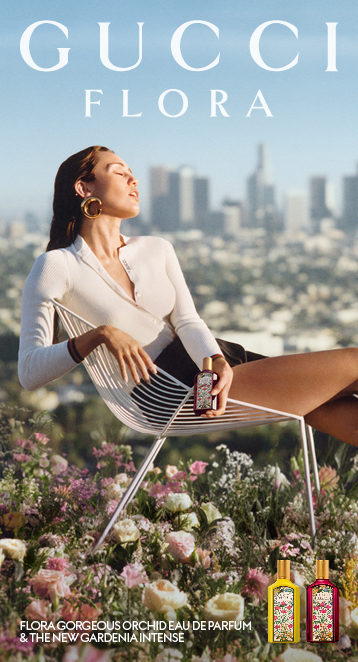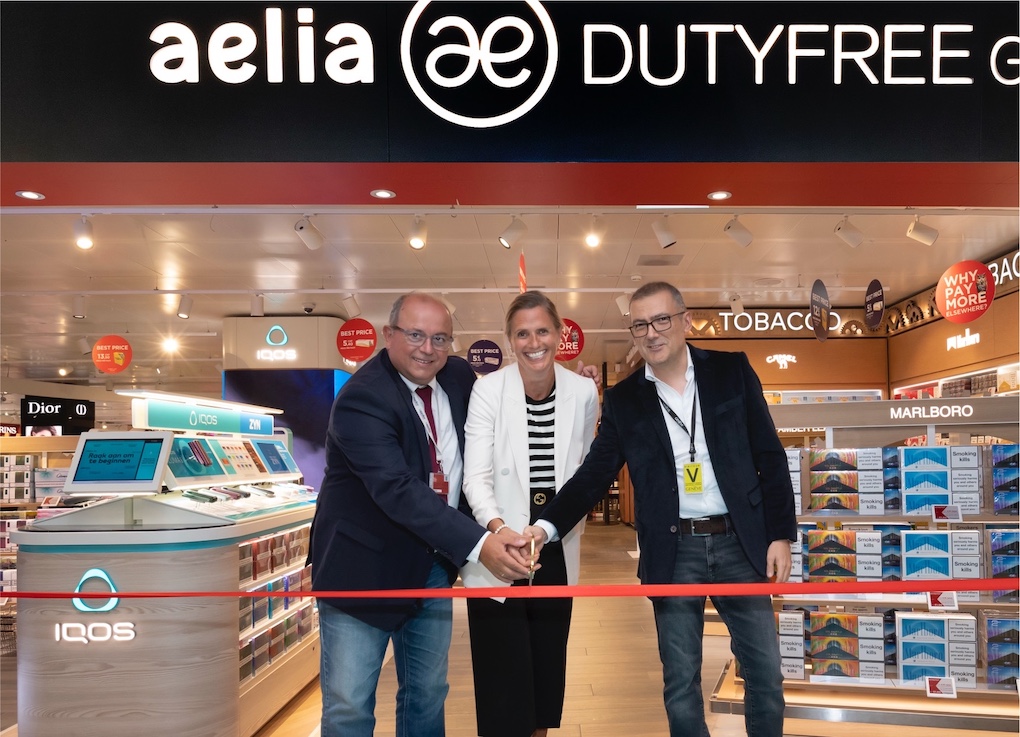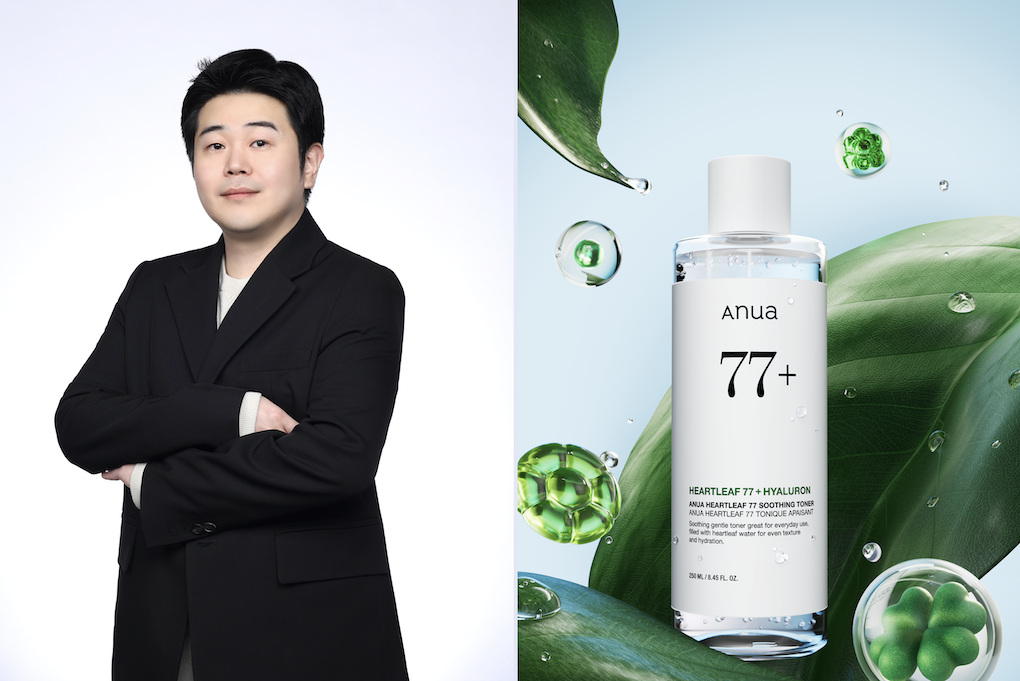Click on the link above to watch highlights from the L’Oréal for the Future digital press conference

L’Oréal Group has outlined the ambitious roadmap behind its ten-year social and environmental sustainability programme, L’Oréal for the Future.
In the face of the global pandemic crisis and the worsening climate emergency, L’Oréal is strengthening its commitment to environmental regeneration, social inclusion and respecting our planetary limits.
A series of key announcements were made during a digital press conference today, hosted by L’Oréal Chairman and CEO Jean-Paul Agon, Chief Corporate Responsibility Officer Alexandra Palt and Garnier Global Brand President Adrien Koskas.
The digital conference was followed by a series of webinars which offered an in-depth look into the company’s science-based environmental targets.
“There is absolutely no time to lose. The clock is ticking,” said Agon. “We started with our ‘Sharing Beauty with All’ commitment seven years ago, which was only the first phase of our sustainable transformation.”
He added: “L’Oréal’s sustainable revolution is entering a new era. The challenges the planet is facing are unprecedented, and it is essential to accelerate our efforts to preserve a safe operating space for humanity. We do so in our own business operations and in our contribution to the society at large. We know that the biggest challenges remain to come, and L’Oréal will stay faithful to its ambition: operate within the limits of the planet.”
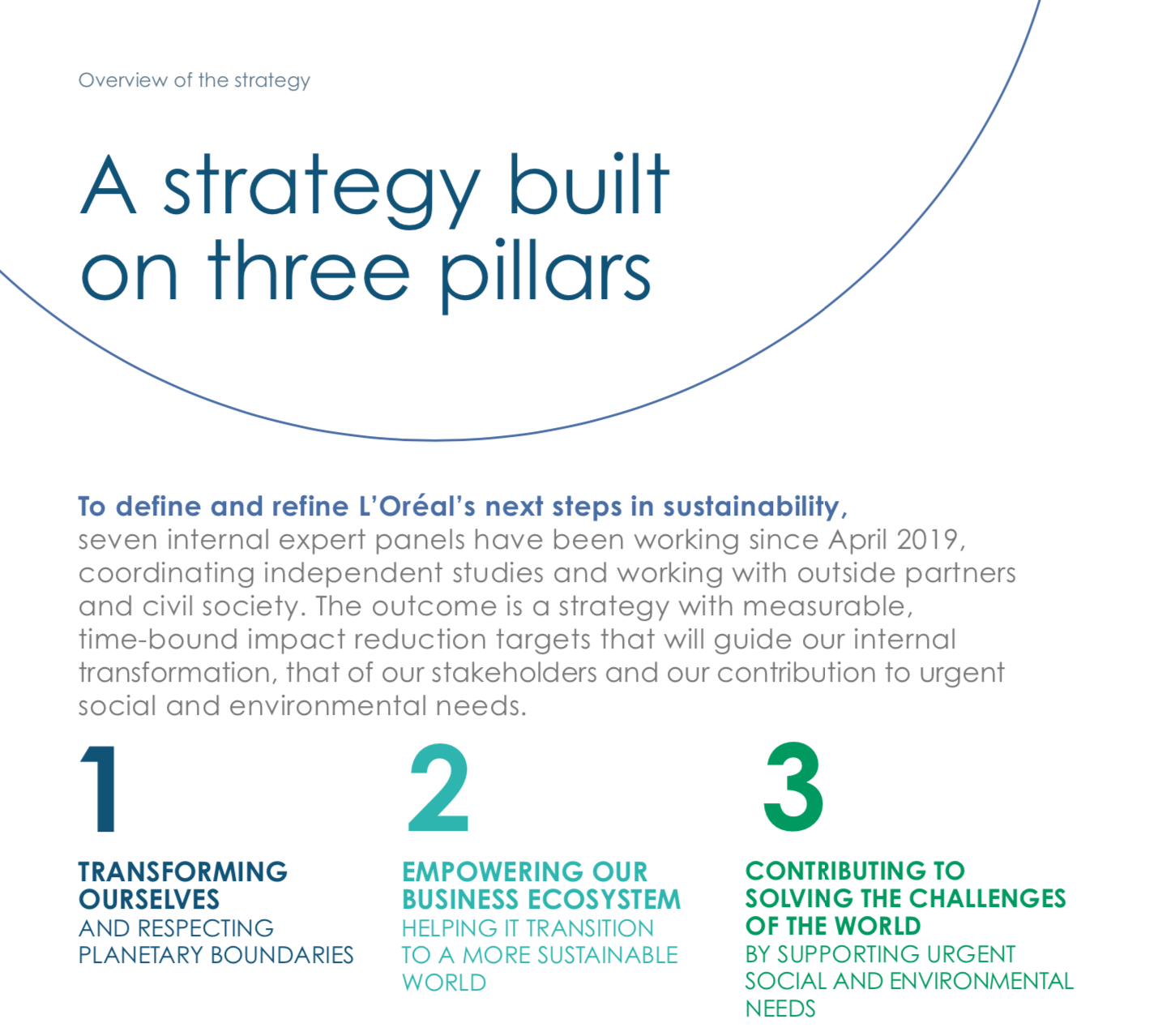
Transforming the business
Maintaining profitability while operating within planetary boundaries is no easy task, noted the company. To achieve its goals, L’Oréal aims to use 100% renewable energy and achieve carbon neutrality across all of its sites by 2025. By 2030, the company aims to replace 100% of plastic packaging with either recycled or bio-based sources and reduce the greenhouse gas emissions of every finished product by 50%.
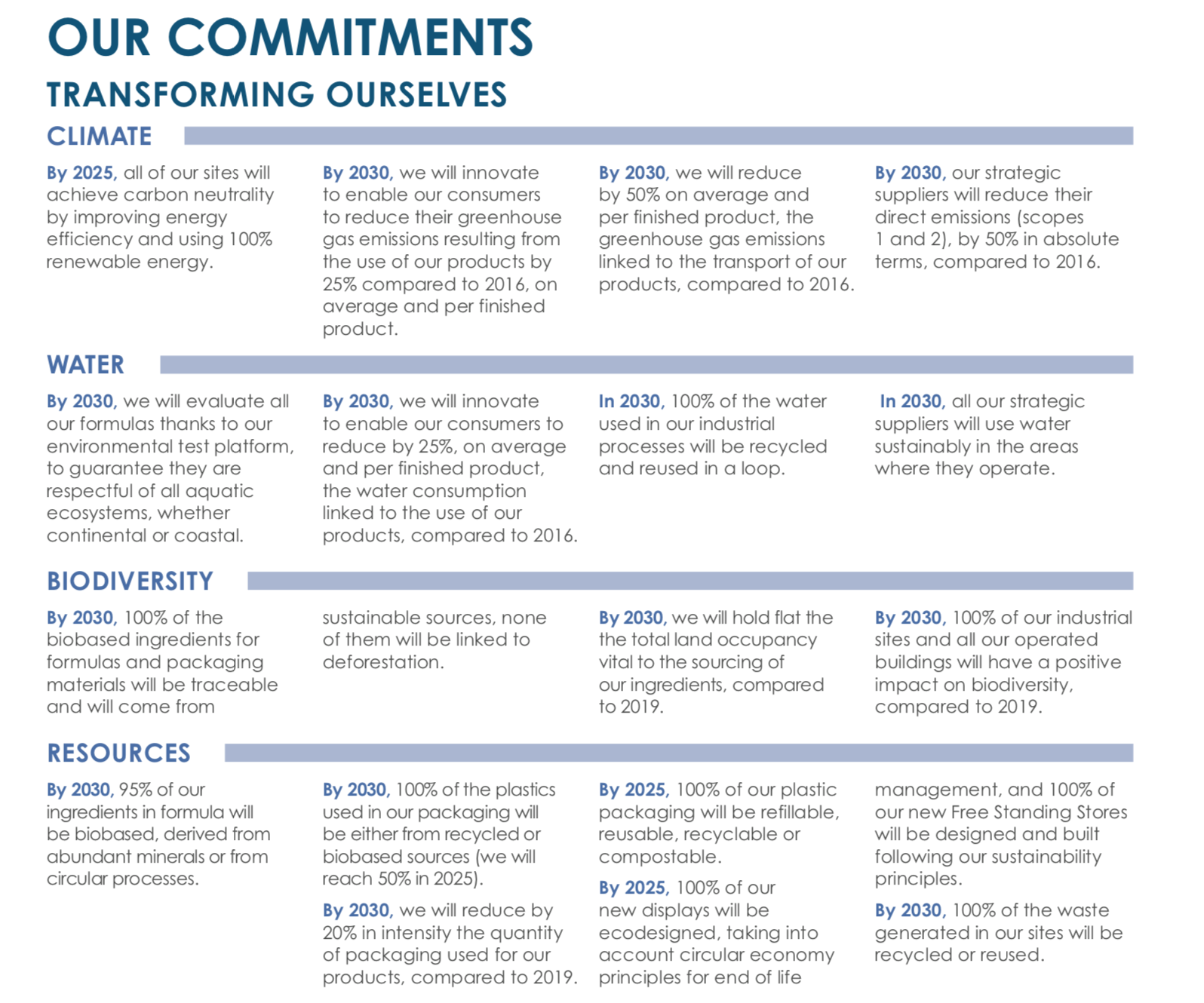
Alexandra Palt said: “We are moving towards a circular economy model. 95% of our ingredients will be bio based, either derived from abundant materials or circular economy by-product. 100% of the plastics used in our packaging will be either bio-based or recycled. 100% of the water used for industrial purposes will also be recycled.
“We will also engage our strategic suppliers so that all employees are paid a living wage. It guarantees that every employee can meet their basic needs and those of their dependents,” she added.
Commenting on the importance of respecting planetary boundaries, Palt said: “Planetary boundaries are limits, which, if crossed, will compromise the Earth’s capacity as a habitat for human development. Respecting a safe operating space for humanity must be a priority in the decades to come, as scientists unanimously agree, which is why L’Oréal aims to transition to a way of operating its entire business within the limits of the planet.

“Therefore, the Group has defined new quantifiable targets for 2030, to fight climate change as supported by the ‘Science Based Targets’ initiative. But it is also going one-step further by addressing three other major environmental issues: preservation of biodiversity, sustainable water management and circular use of resources.
“To ensure its business is respectful of a resource-limited planet, and fair for the communities it works with, L’Oréal will not only continue to reduce its direct environmental impacts, but also reduce the impacts of its entire activity, including those of its suppliers and consumers.”
Inspiring conscious consumerism
Palt noted that it is no longer enough for L’Oréal to simply reduce its direct environmental impact. She said: “Over the past decade, we have profoundly transformed our company, putting sustainability at the very core of our business model. With our new commitments, we are entering a new phase of acceleration of that transformation: going beyond our direct environmental impact, helping consumers to make more sustainable choices, as well as generating positive social and environmental contribution. As an industry leader, we consider that it is our role to contribute to building an inclusive and sustainable society.”

To encourage its 1.5 billion customers to adopt more conscious lifestyles, L’Oréal has launched an industry-leading product environmental & social impact labelling mechanism, endorsed by independent scientific experts and verified by independent auditor Bureau Veritas Certification.
The labelling mechanism scales from A to E — with ‘A’ considered best in class in terms of environmental impact — and will be rolled out across all brands and categories. The labels and scores will be accessible across all product webpages.
Garnier was the first brand to implement the new methodology across its hair range, with plans to progressively roll out the new system to other countries and other brands in L’Oréal Group’s portfolio.
Addressing urgent environmental and social issues
As reported, L’Oréal Group has launched a €150 million fund to address some the world’s most urgent social needs and environmental challenges. €50 million will aid organisations that help at-risk women — including women refugees, domestic abuse victims and women suffering from disabilities — achieve social and professional development.
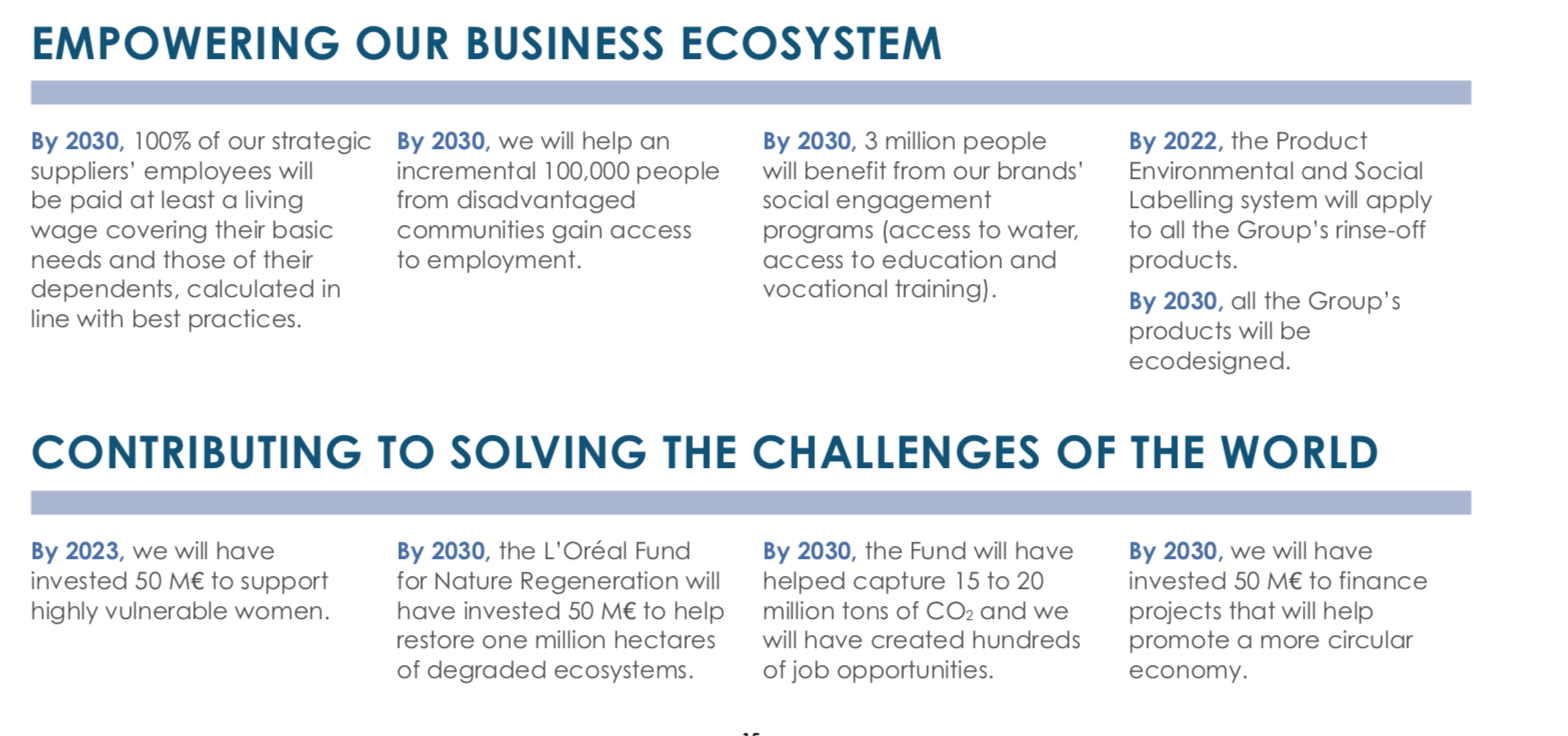 €100 million will be invested to help regenerate degraded ecosystems and prevent climate change through a fund called the L’Oréal Fund for Nature Regeneration. This will be managed by Mirova, a Natixis Investment Managers affiliate, who will use the fund for impact investing.
€100 million will be invested to help regenerate degraded ecosystems and prevent climate change through a fund called the L’Oréal Fund for Nature Regeneration. This will be managed by Mirova, a Natixis Investment Managers affiliate, who will use the fund for impact investing.
The first €50 million will finance the regeneration of damaged natural marine and forest ecosystems, while the remaining €50 million will support circular economy projects.

Garnier, a sustainability success story

Garnier, which has historically been one of L’Oréal most sustainable brands, has committed to a green beauty transformation. Over the last decade it has introduced 90% natural-origin ingredients and recycled packaging.
Adrian Koskas outlined the three pillars of the brand’s sustainable development. These are no virgin plastics by 2023, transparency and product innovation.
“Garnier is fully committing green beauty. We have an end-to-end approach to sustainability that improves every step of the value chain,” Koskas said. “We have a holistic approach from formulation and manufacturing to packaging. Within the next year all our shampoo products will be made with 100% recycled plastic and by 2025 we are committing to zero virgin plastic usage.
“We are also launching an innovative solid shampoo which uses less water, and reusable Eco pads which replaces up to a thousand cotton pads. We are also adopting the use of cardboard tubes for our skincare products.”
Significant developments on ‘Sharing Beauty with All’
During the press conference, L’Oréal also presented the most significant developments in reaching the sustainable, environmental, and social objectives of its ‘Sharing beauty with All’ roadmap, set to conclude at the end of the year.

Outlining the company’s achievements, Palt said: “In 2013, we started a profound transformation and we fixed targets throughout our value chain. Beginning from raw product sourcing to end of life, we transformed all our activities to really kickstart this sustainable transformation.
“In 2019, we reduced our CO2 emissions by -78%. Our initial target was -60% from our 2005 baseline. Simultaneously, we increased production by +37%. We had 35 carbon neutral sites in 2019 and a further 42 to be launched in 2020. We worked in other domains too and reduced water consumption by -51% per finished product.”
In 2013, L’Oréal launched an innovative Sustainable Product Optimisation Tool (SPOT) to assess the environmental and social performance of its products. Today, the company announced that sustainability has been fully integrated throughout its product lifecycle.
Some 85% of products created or renovated in 2018 had an improved social and environmental profile according to SPOT. By the end 2019, the company had helped over 90,635 people from socially vulnerable communities gain employment through its solidarity programmes.
L’Oréal is also the only company in the world to achieve an ‘A’ score across all CDP rankings in climate protection, water management and forest perseveration for four years in a row.
Palt added: “In 2020, we improved 90% of our product assortment by putting sustainability at the heart of our development. We also worked on the social aspect, because a green transformation is only possible if we have an inclusive society. We helped more than 90,000 people gain access to employment in 2019 with the aim of increasing to 95,000 by the end of 2020. We have outperformed our targets and we are extremely proud.”
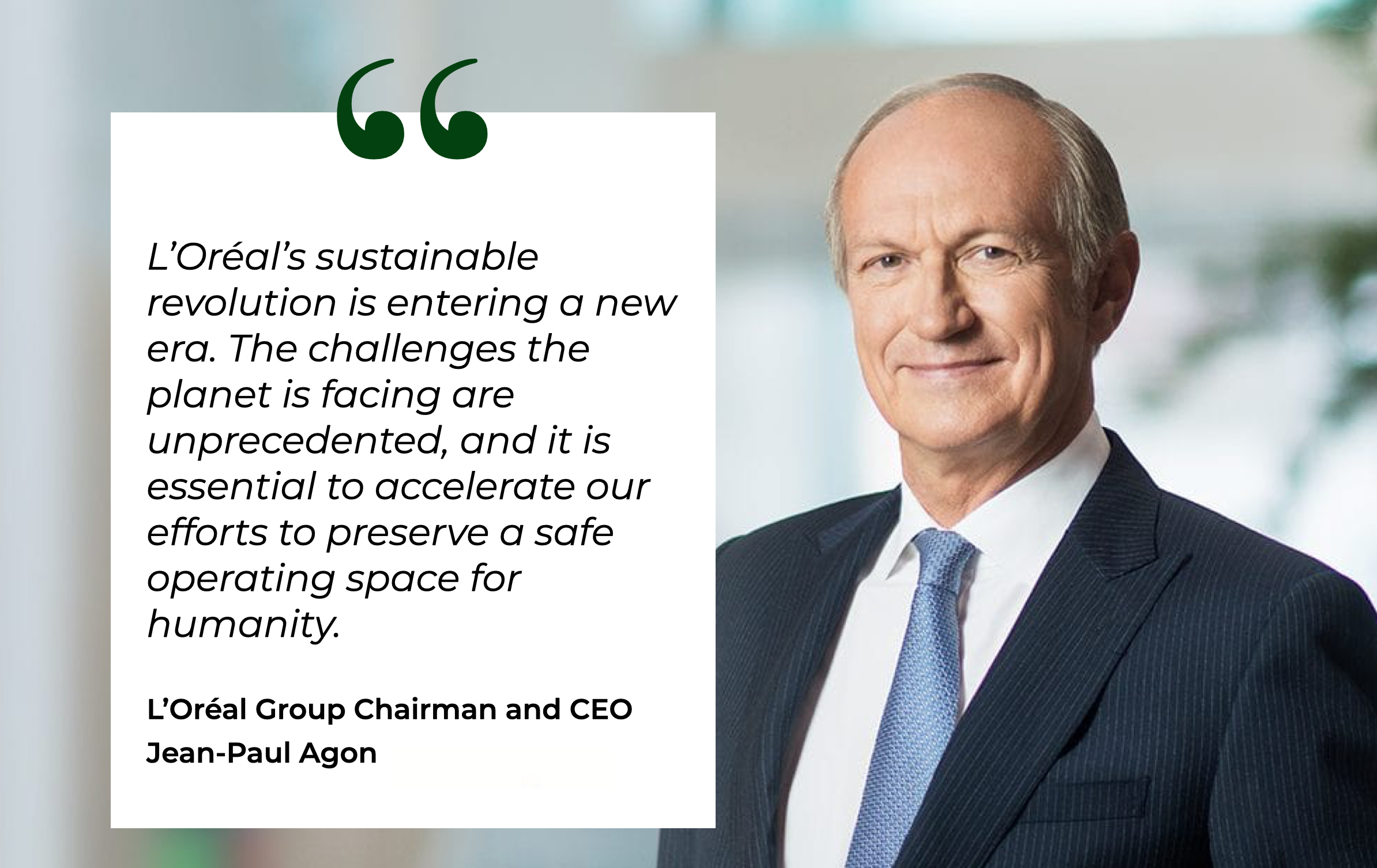
Commenting on the success of the programme, Agon said: “Globally speaking the outcome is extremely good. Our ambitions were very bold, and so they were not easy targets to reach.”
“This programme revolutionised L’Oréal and changed the paradigm of how we operate,” he added. “The company was born in 1909, and we have always been about excellence in beauty and excellence in financial performance. ‘Sharing beauty with All’ added a third element and that was the will to excel in both beauty and sustainability. This changed how people worked in each department from raw material sourcing all the way to product marketing. It has been a great collective adventure for all L’Oréal employees, and it has completely transformed the company.”
He added, “This next chapter will transform everyone from our customers, our supply chain and even competitors. The goal is to inspire all 1.5 billion customers to change their habits and consume more sustainably.”
When asked whether its sustainability goals will hamper its financial performance, Agon said, “Definitely not. Economic performance and excellence do not hamper sustainable development. We are among the top companies in sustainability and at the same time we have increased our share price and sales. So, there is no contradiction. I am absolutely convinced that our efforts towards sustainability have helped the economic importance of our company. I truly believe it will really contribute to the great success of our company in the next ten years to come.”




